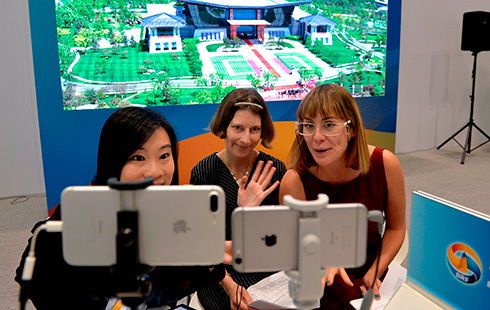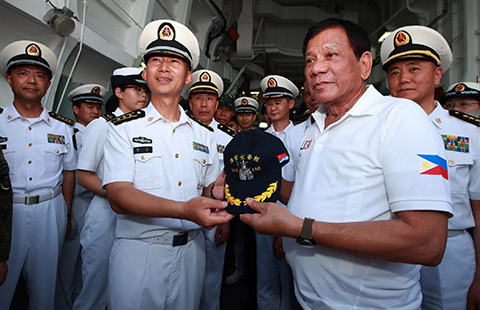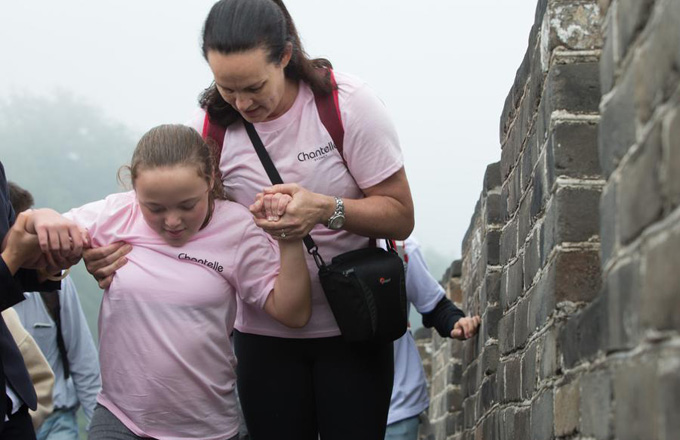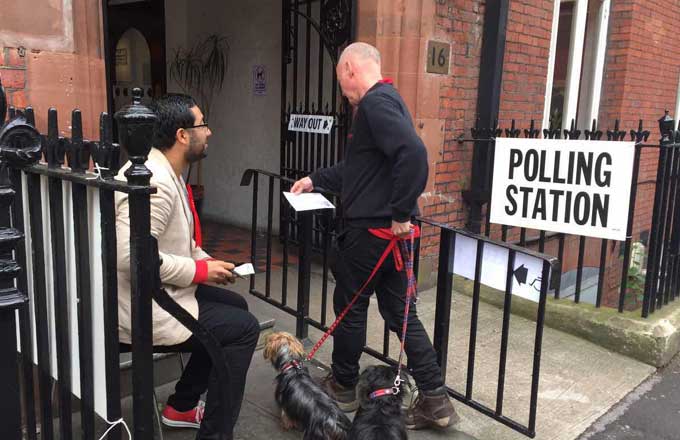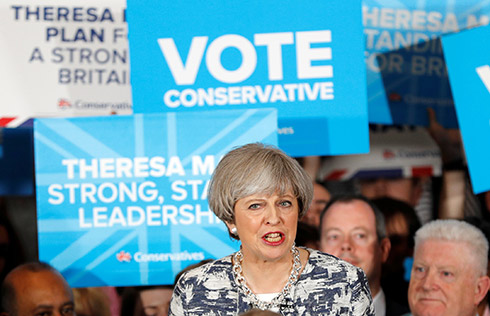

Luis Alvarez, the chief executive officer of global services at BT, the UK-based global telecom provider, has been in Davos, Switzerland, for three days, and has had more than 50 one-to-one meetings.
He said he has met the foreign trade minister of South Africa, the chief executives of his top customers, as well as business partners from the United States and the Middle East.
"Normally it takes six months to meet them all, but I've managed to fit them into two days", he said.
The meetings helped him achieve three goals: To understand what's happening in the global market, find out what are the main trends and risks in his business and other sectors, and give him the opportunity to build relationships.
Talking to people face-to-face, he said, gives him the chance to get to know business partners on a personal level.
Alvarez is among the 2,674 participants at the World Economic Forum.
There are more than 200 formal discussions around various themes going on inside the main venue.
Outside the official site, there are numerous informal parties, events and other meetings taking place.
People meet to network and navigate the issues, but that doesn't always mean they get what they came here for.
Alvarez said his main reflection from Davos this year is that uncertainty and ambiguity are going to continue, and that people simply have to manage their lives and businesses around it.
"People need to operate in this ambiguous world," he said. "We do not have anybody reducing the uncertainty."
This feeling of uncertainty is also reflected in this year's conference theme: "Resilient Dynamism".
Alvarez took up his latest job in September, after being with BT for 12 years in a variety of roles, most recently president of its global services Europe, Middle East, Africa and Latin America.
He said people came to Davos this week from all over the world expecting that the market is going to get better, with Europe recovering and emerging markets such as China and Brazil continuing to grow fast.
But the reality is not as rosy as people think.
This is his fourth time in Davos, and he said that in previous years, things were also not going well but at least people were trying to look for directions and talk about solutions.
Now that things are not getting any better, he said people have to stop searching, and start doing.
"The alternative is to do nothing, but we cannot wait any more," he said.
Rather than waiting for the right time to launch a new portfolio line or enter a new country, companies need to make decisions faster.
"There isn't the luxury any more of waiting for all of the data to come to you, of knowing 100 percent of the regulations before starting something."
It means that access to immediate information and managing risk are getting more important.
"You need to get as much data as you can, and you need to know what is happening today," Alvarez said.
He said he checked sales reports several years ago once a month, now he does it every morning.
Access to instant information has become paramount as the world becomes more interconnected. "You also need to be quicker and be open to change, when you realize you have made a mistake."
Contact the writer at diaoying@chinadaily.com.cn
Special coverage:

